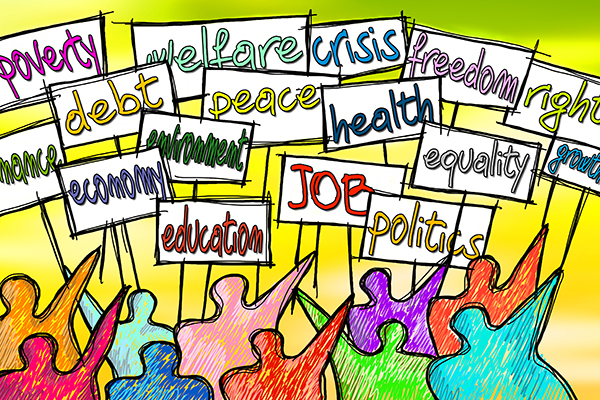In 2020, young people will get a clear look at how individual actions can shape government and policy, and how these affect their lives in tangible ways.
Debates about health care, climate change, gun violence, education funding, and taxes will give way to voting in the Democratic presidential primaries. After a year of wrangling over questions about U.S. citizenship, the Census Bureau will start counting this summer. In the fall, local, state, and federal offices will all be on the ballot. The margins of the presidential contest could reopen debate about the Electoral College.
Penn GSE’s Sigal Ben-Porath says schools can be the place where Americans learn to talk about these issues and listen to one another—if educators are bold enough, and well supported, to let students be engaged citizens.
“I really think if there is hope for democracy, one of its anchors is our public schools,” Ben-Porath says.
Ben-Porath’s suggestions for engaging students include allowing for time off for civic engagement, even protests. Get students interested in the upcoming election, even if they are not yet old enough to vote. And discuss current political issues, like impeachment. “Students might actually be more ready to talk politics than the adults in their lives,” says Ben-Porath, “which is why this is the year to invite them into the conversation.”
Read more at Penn GSE.








